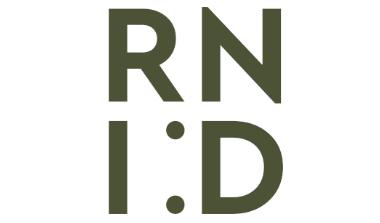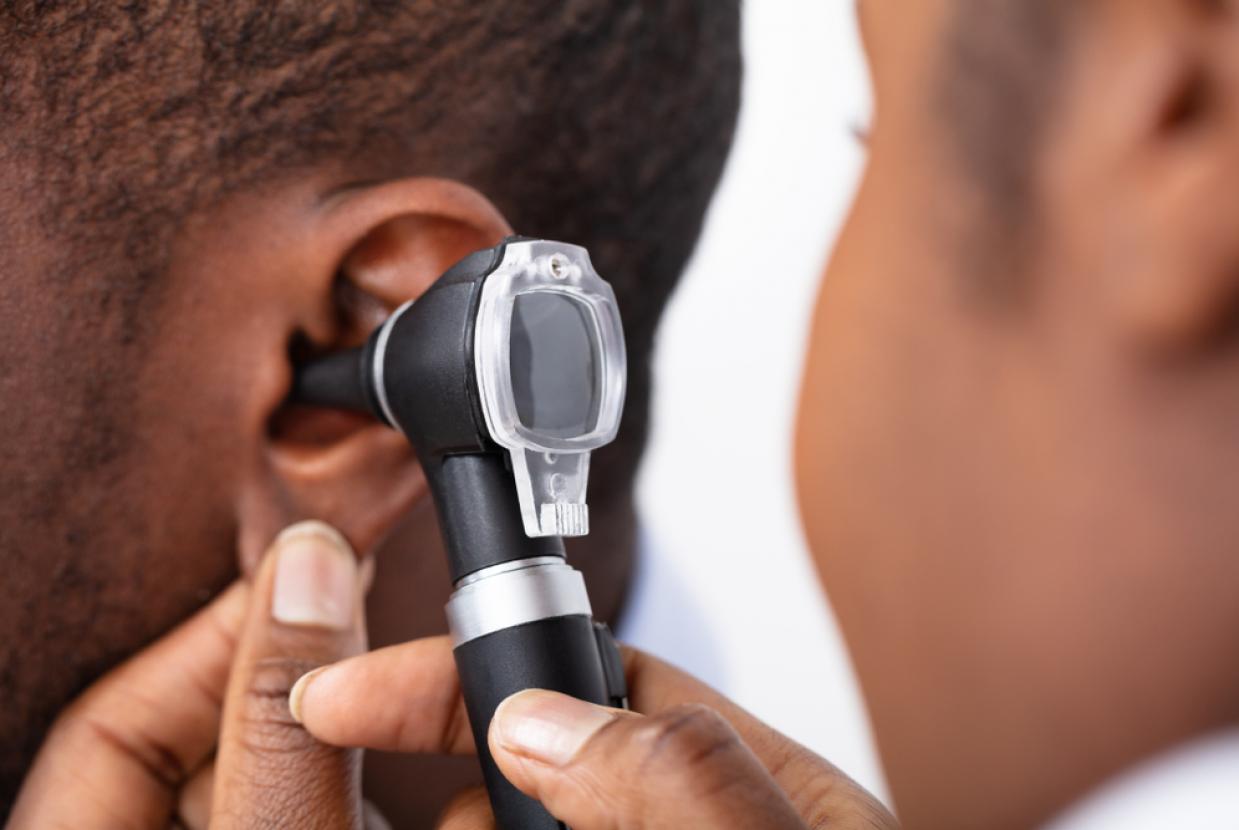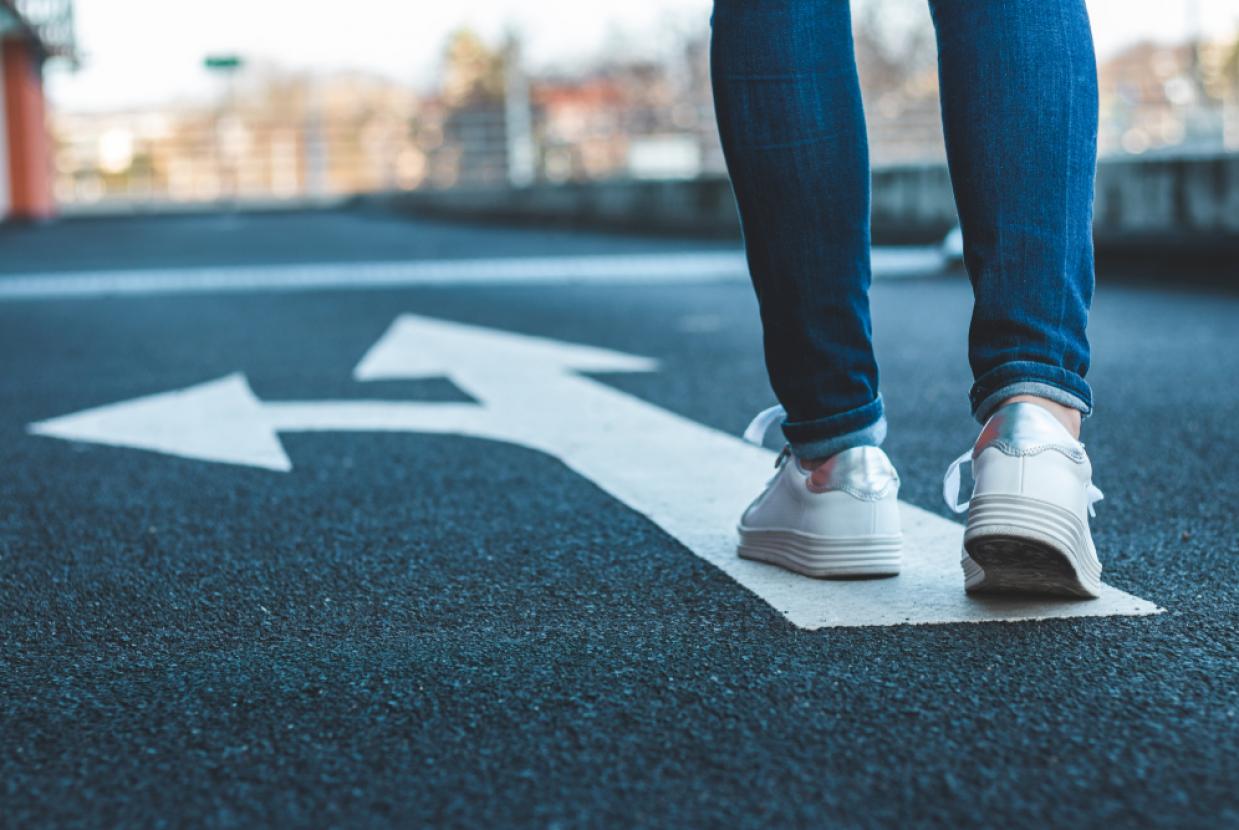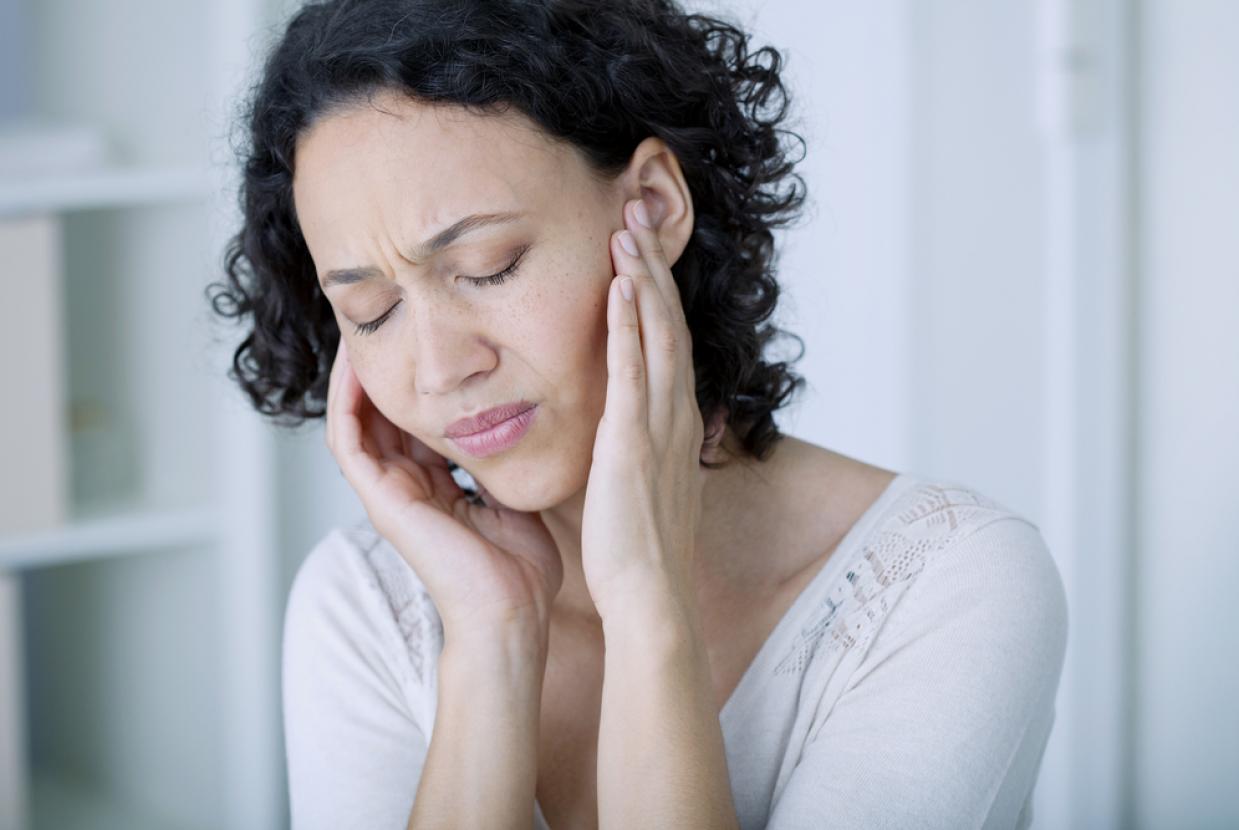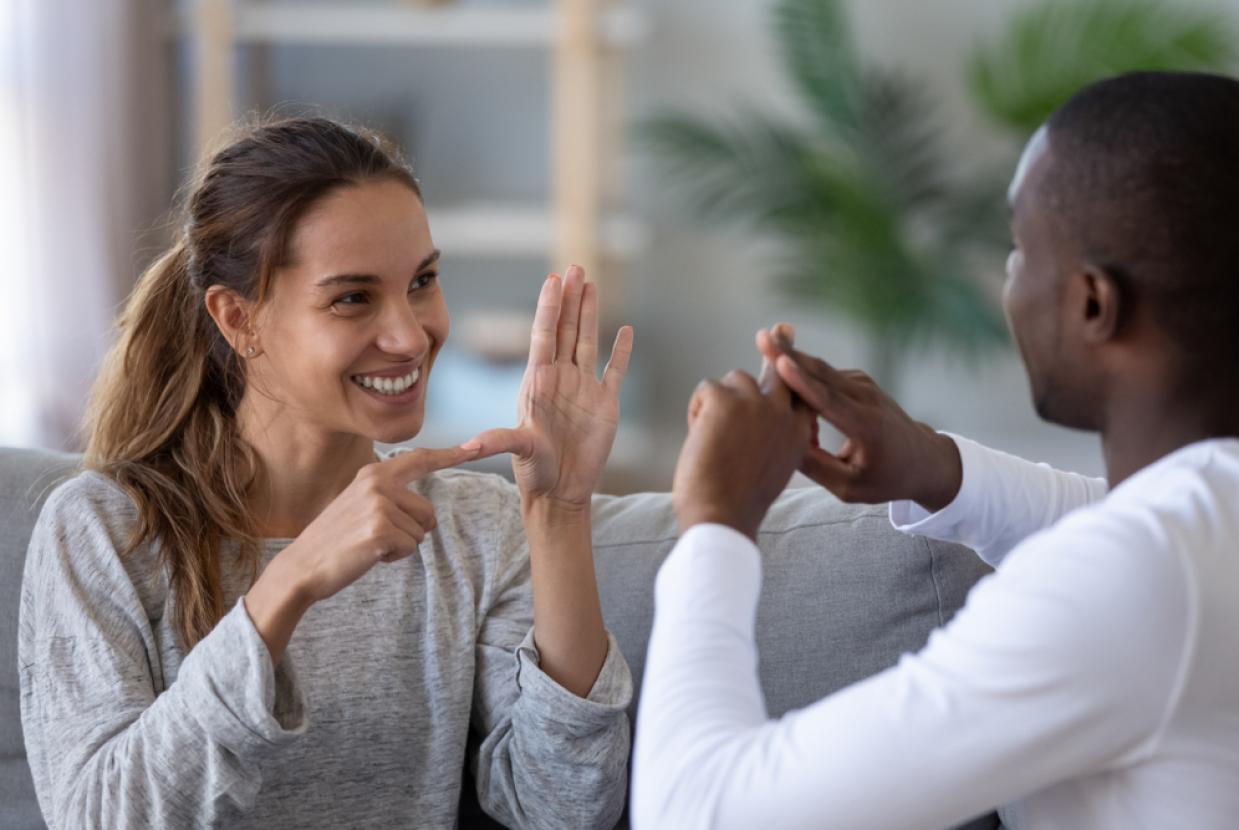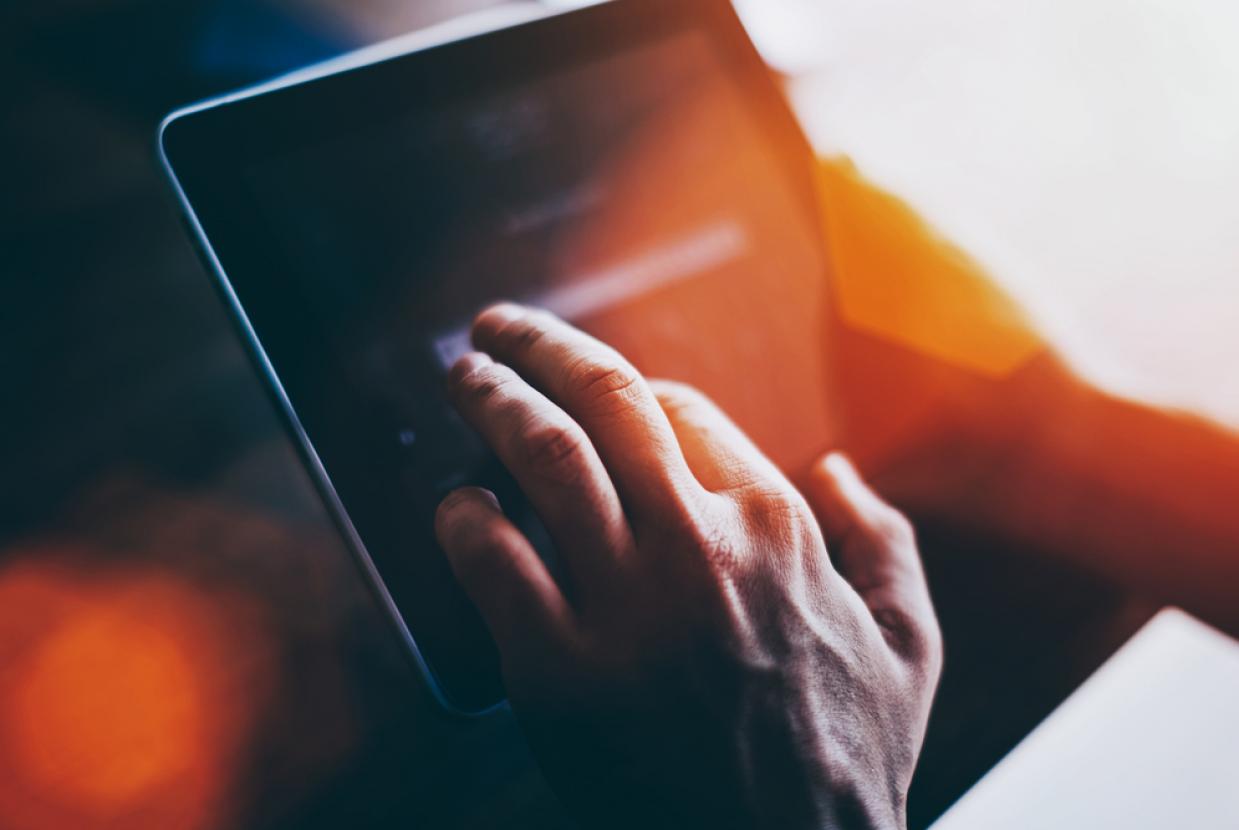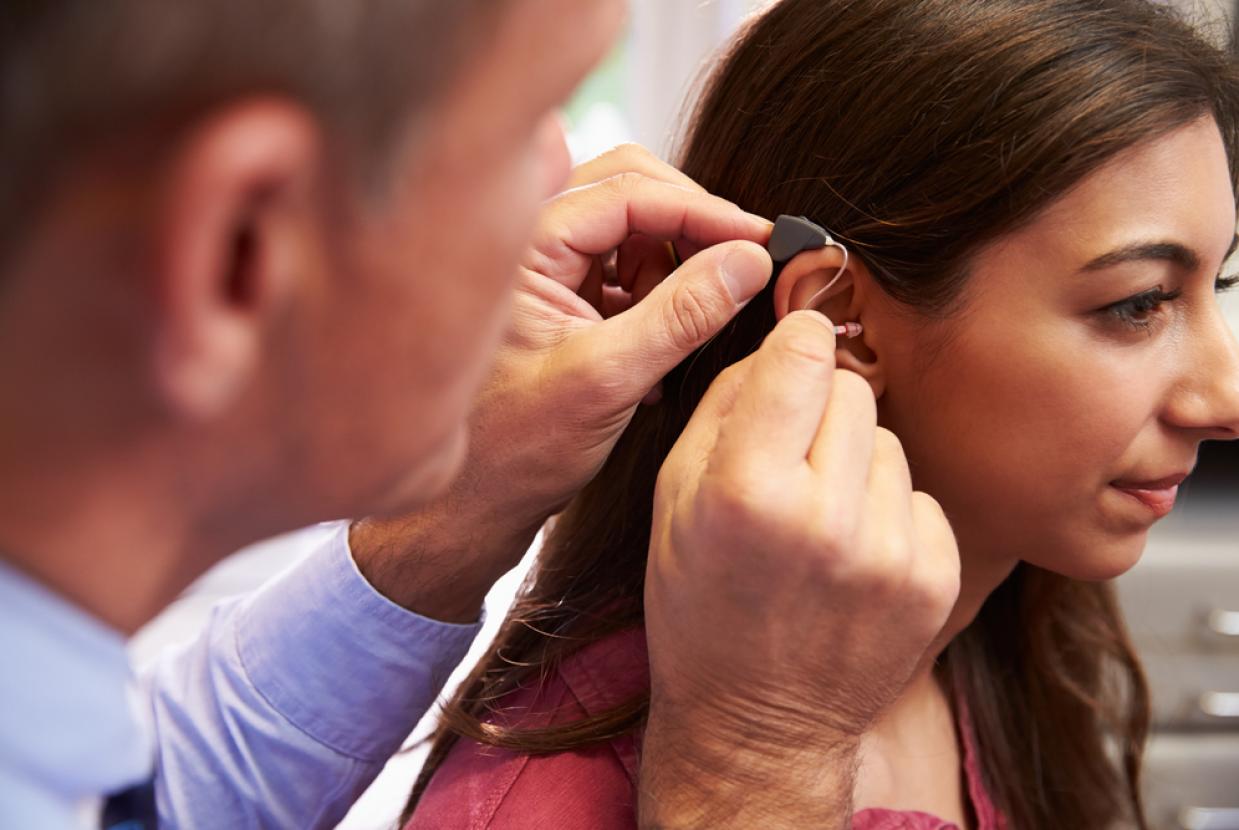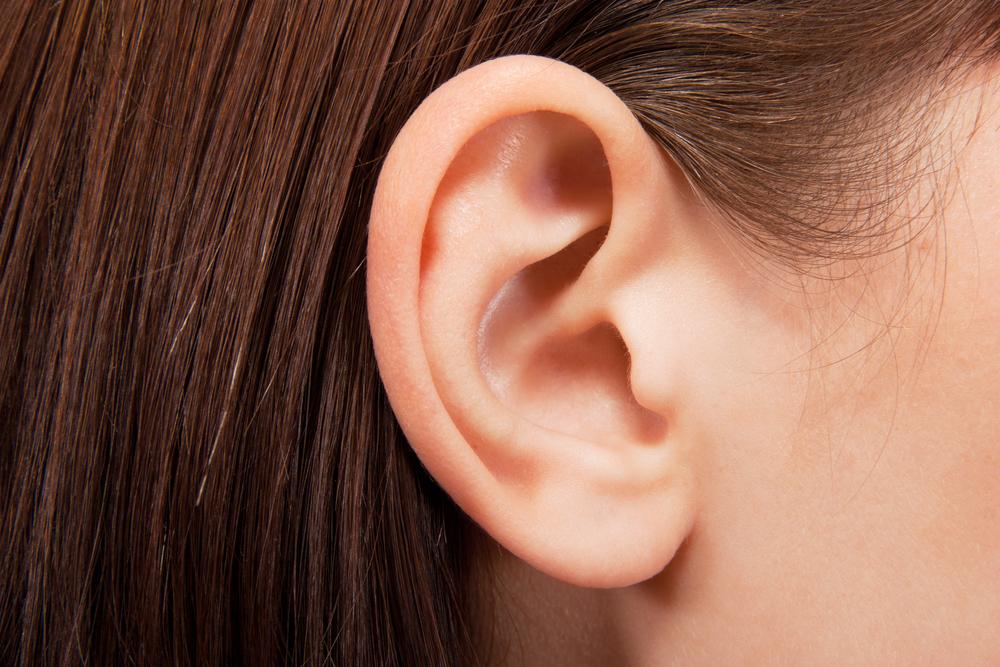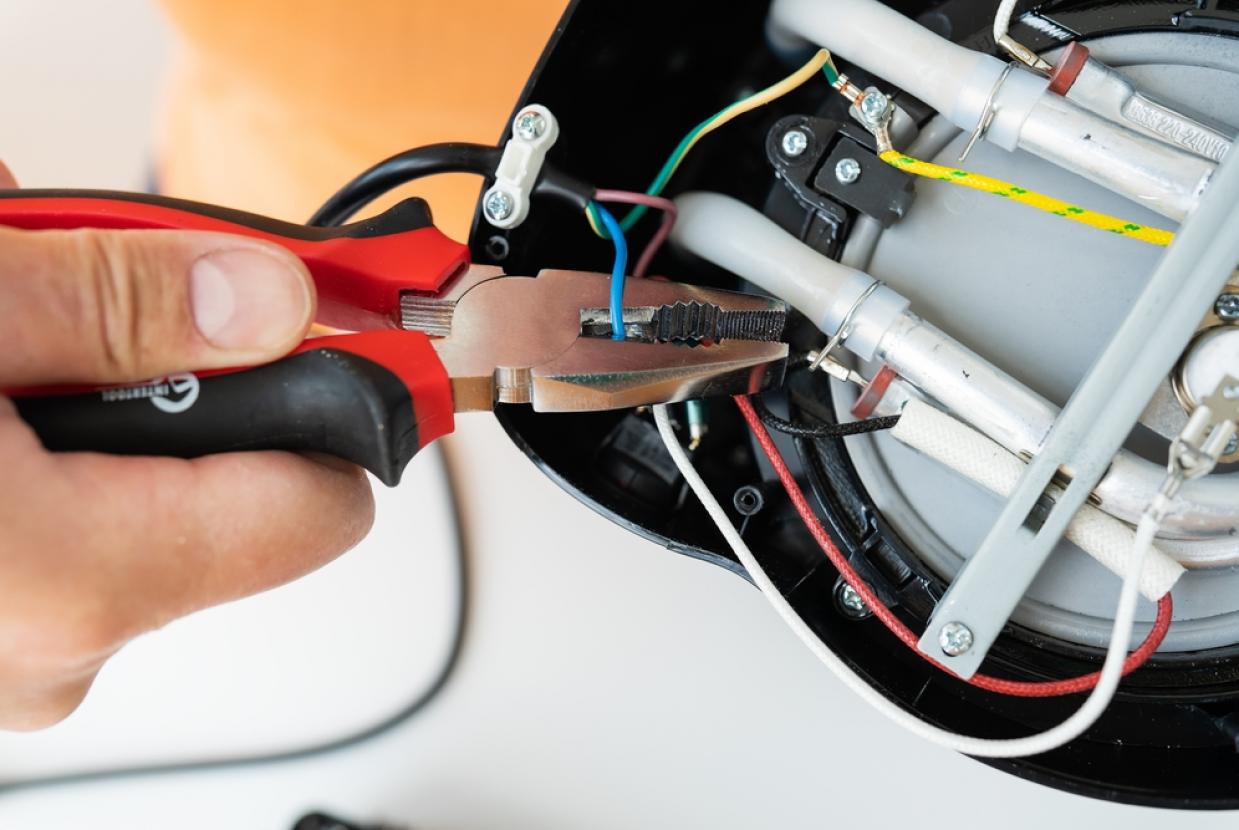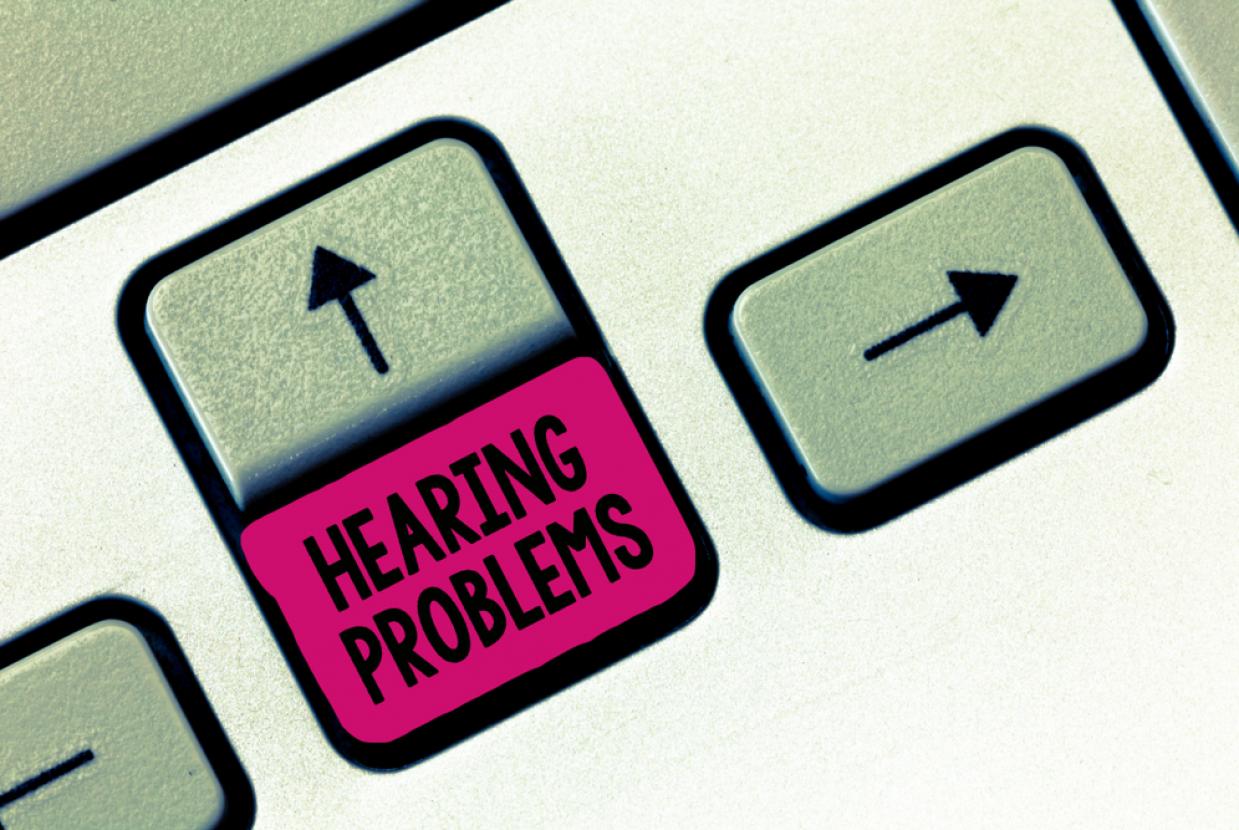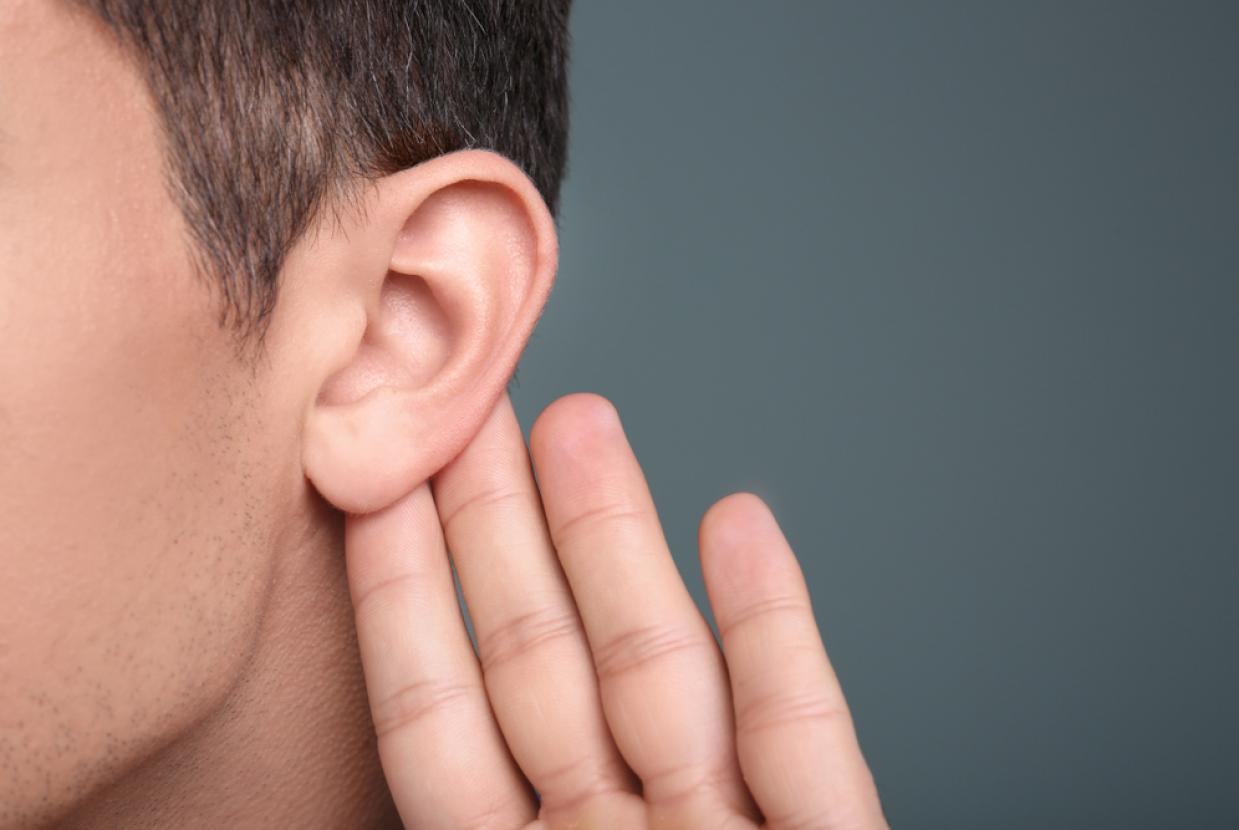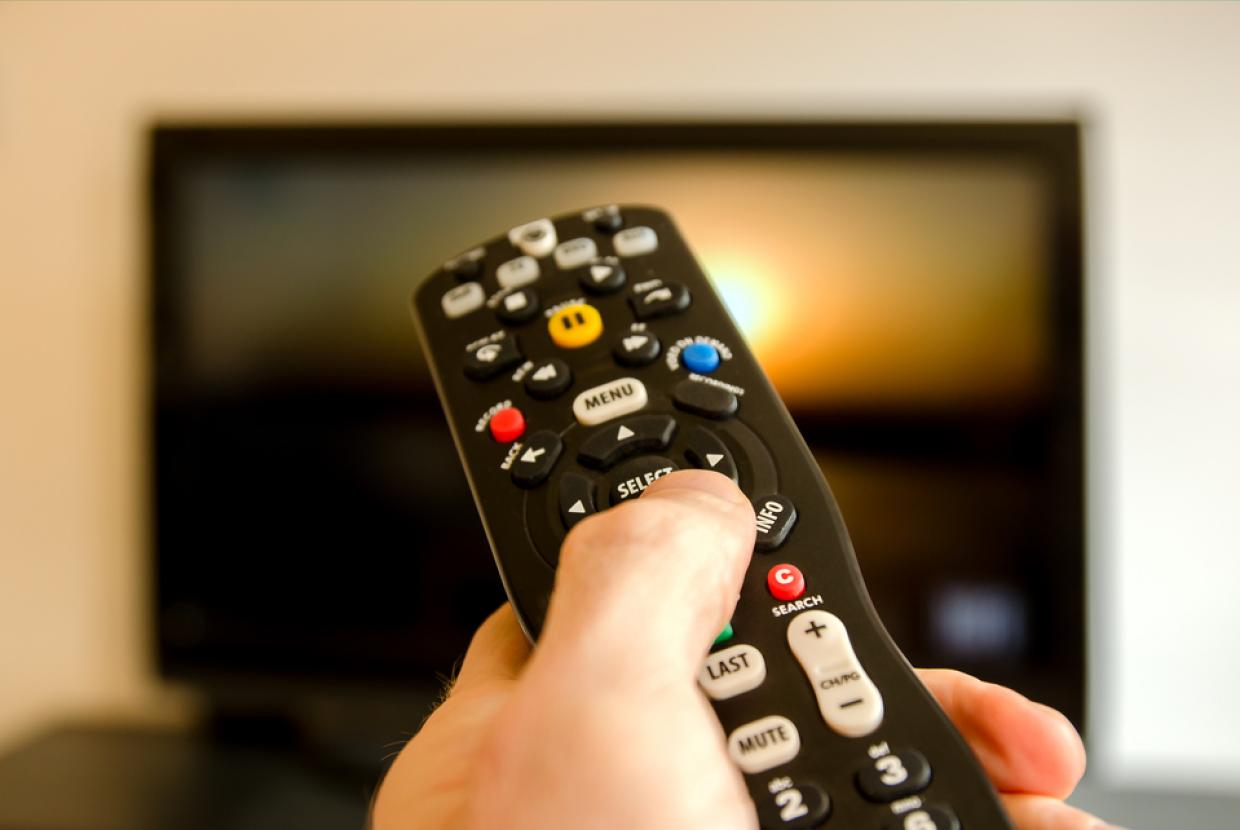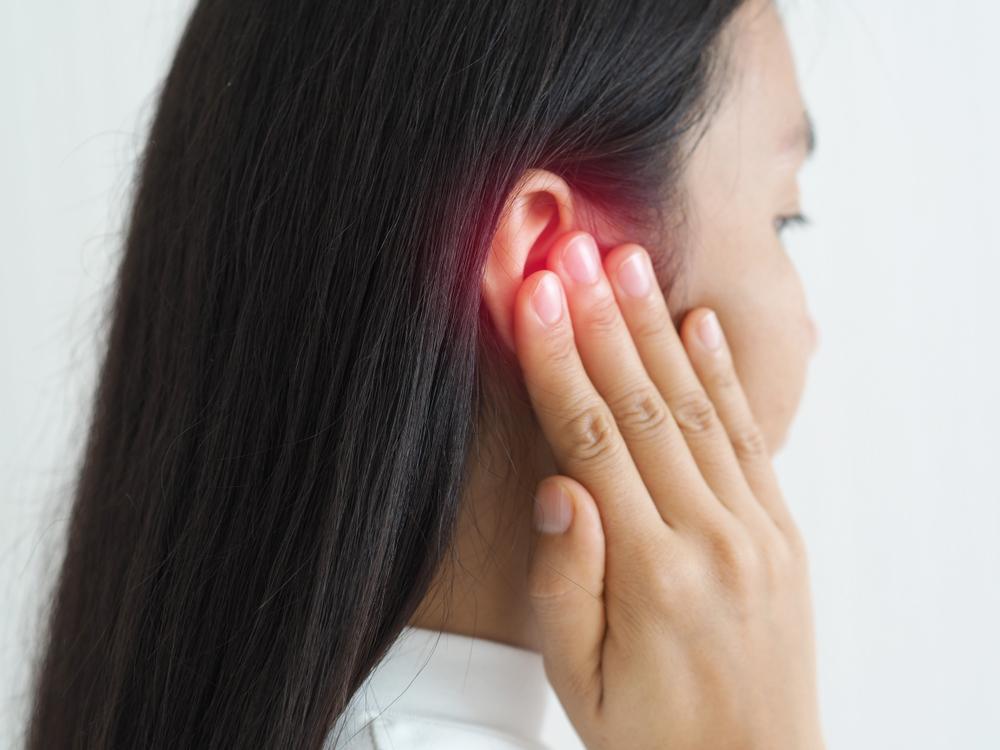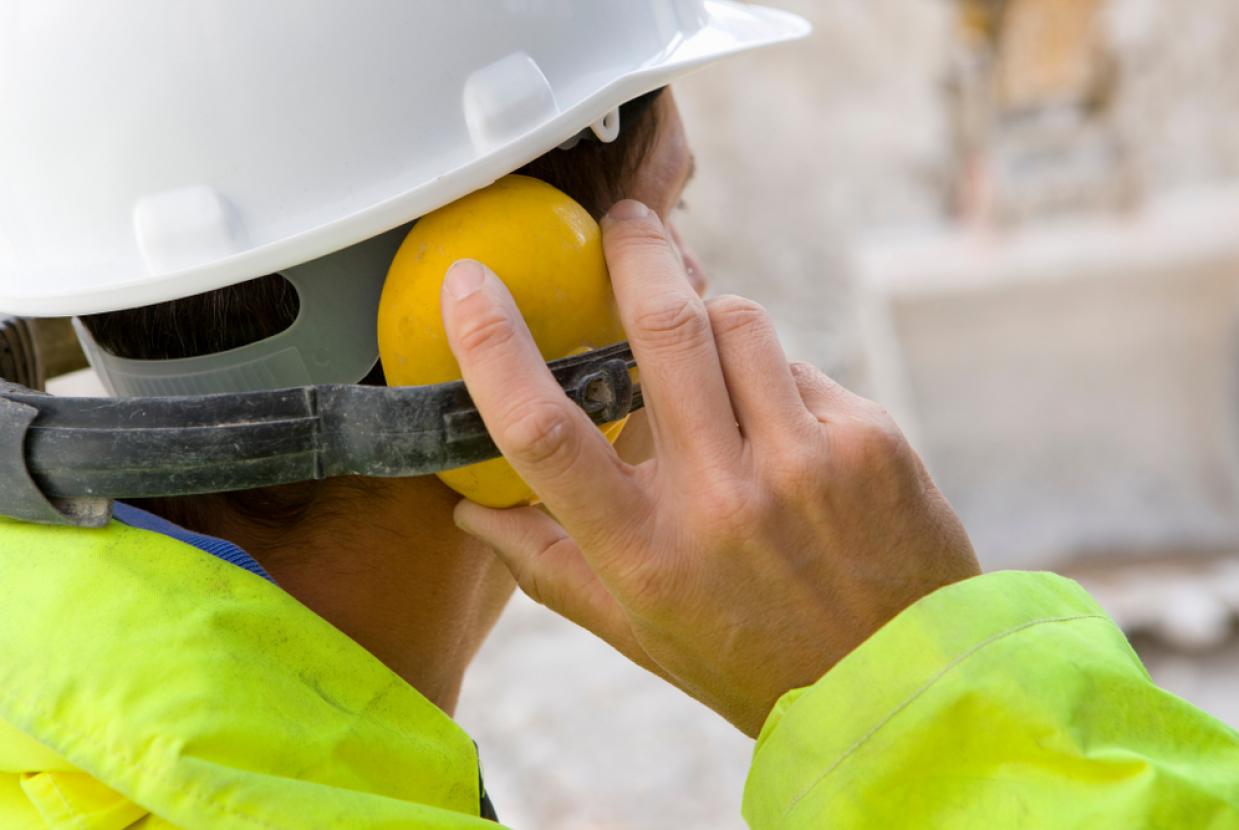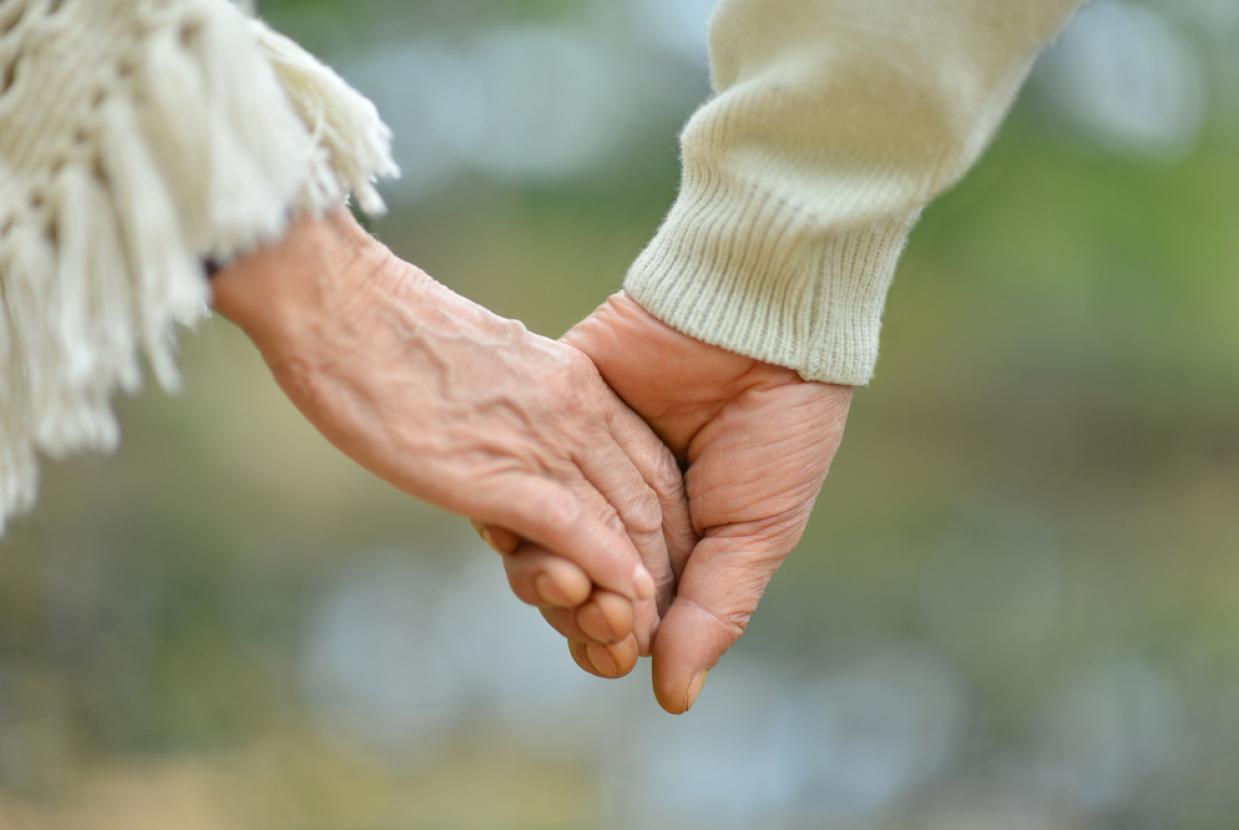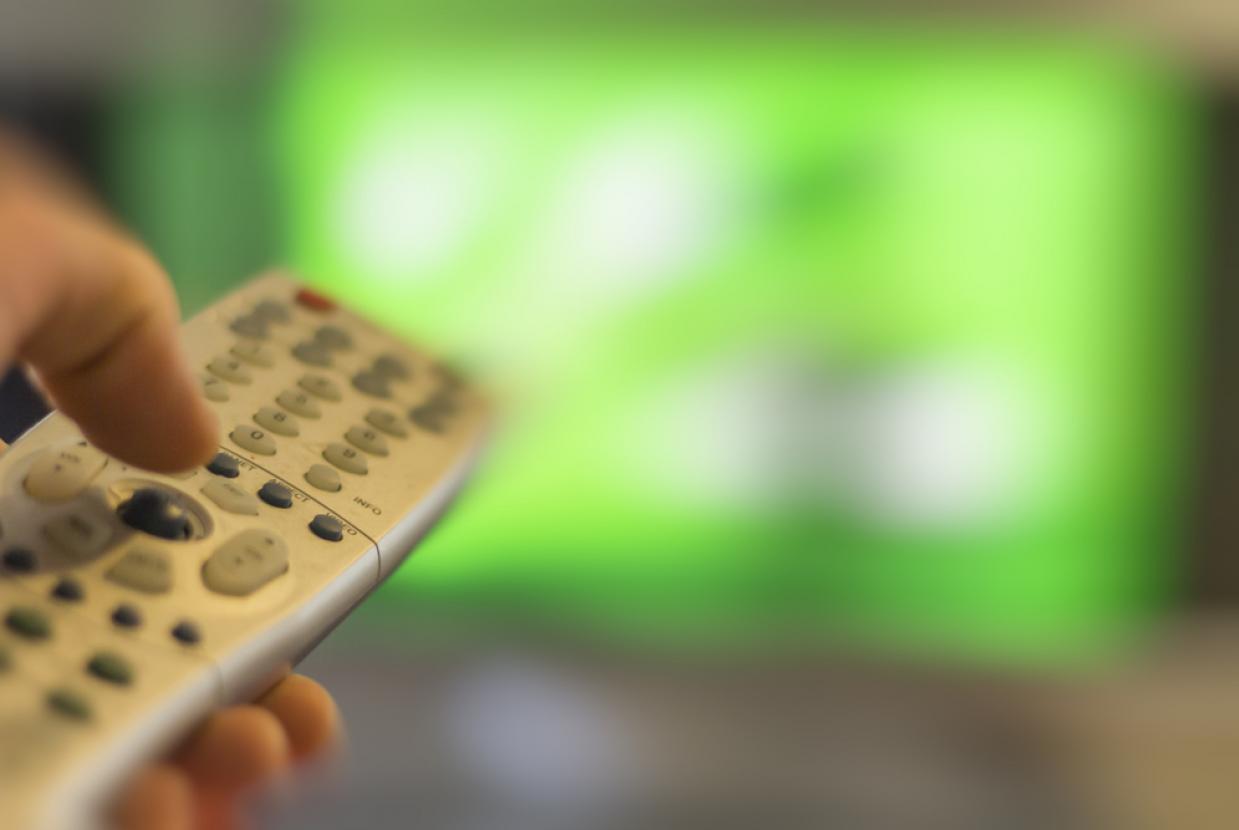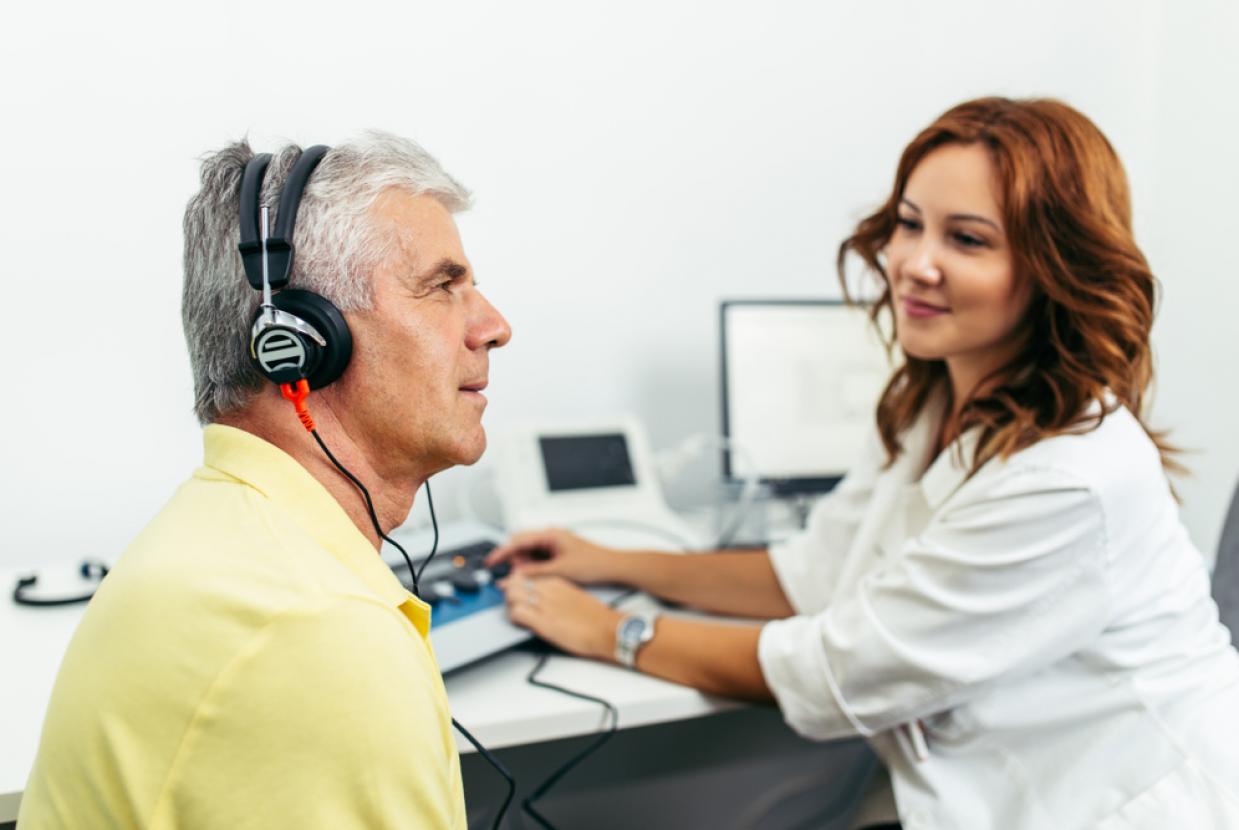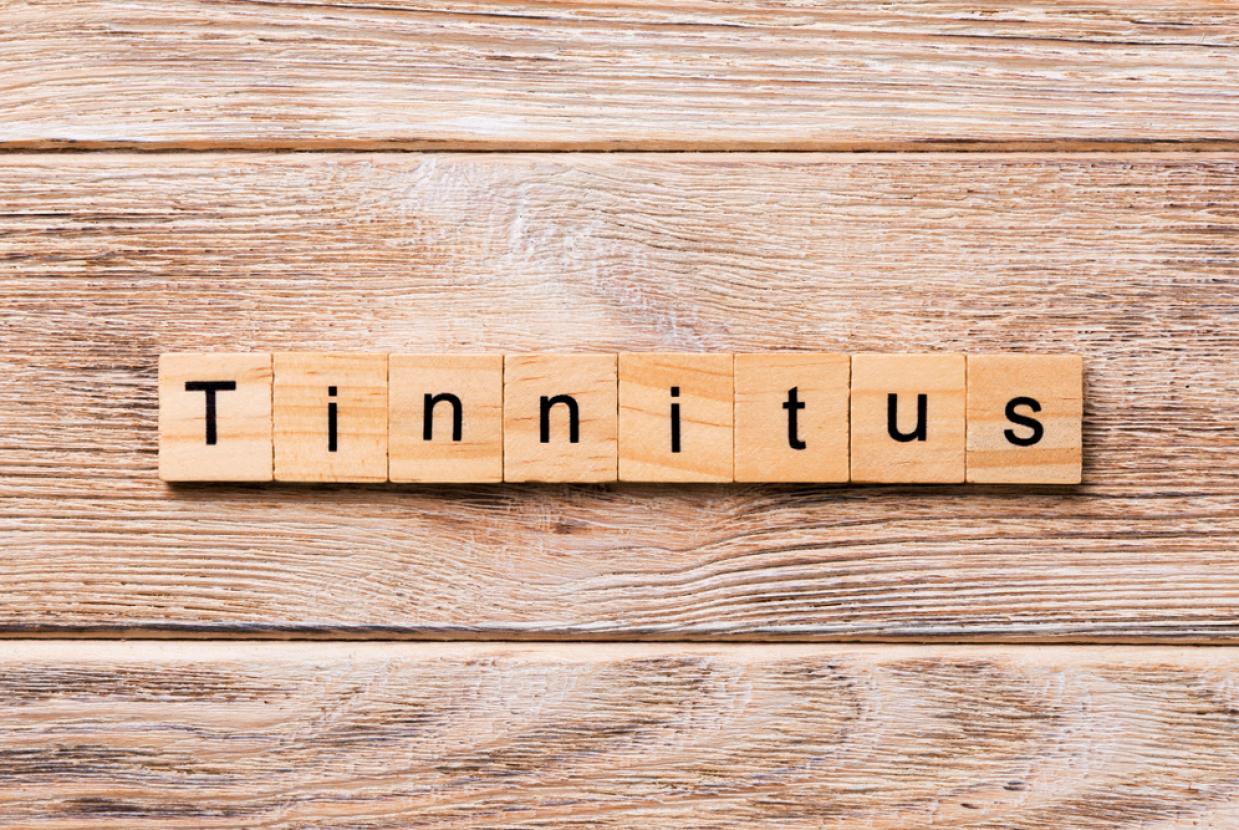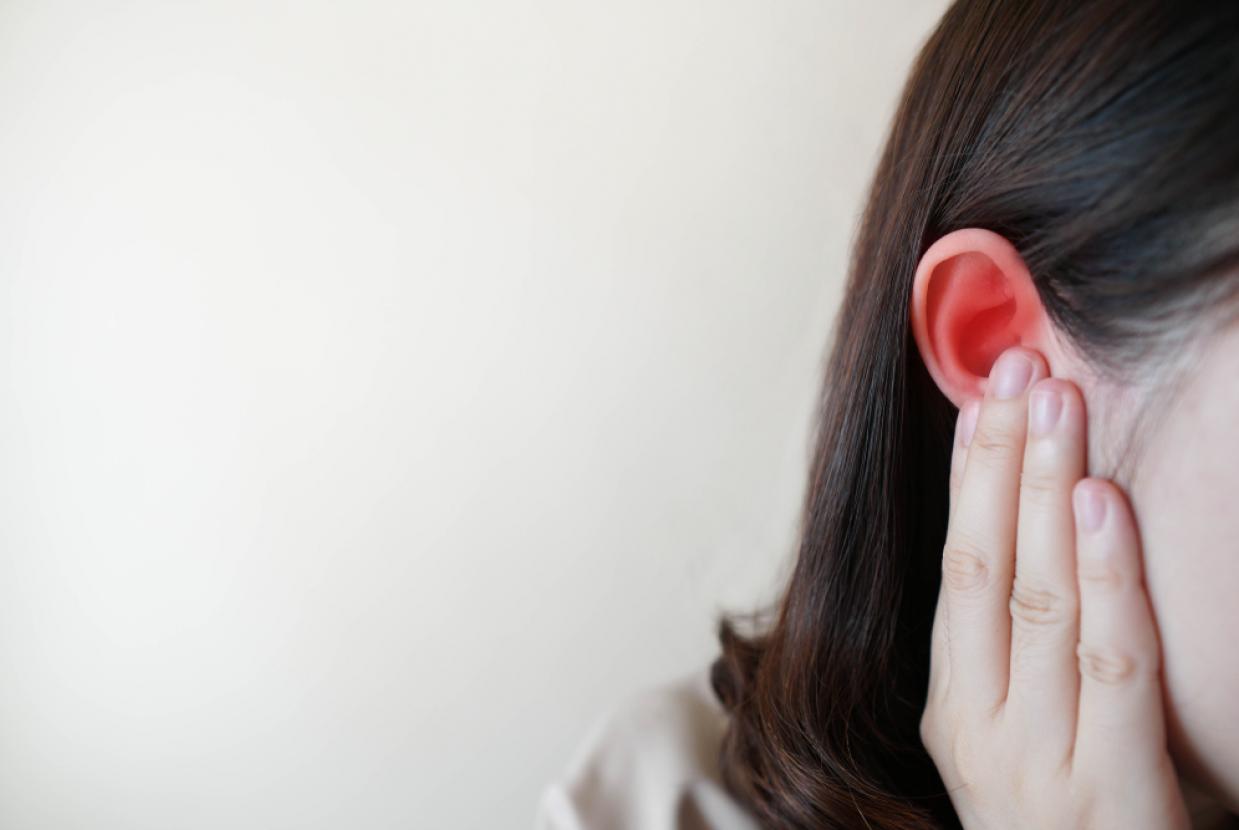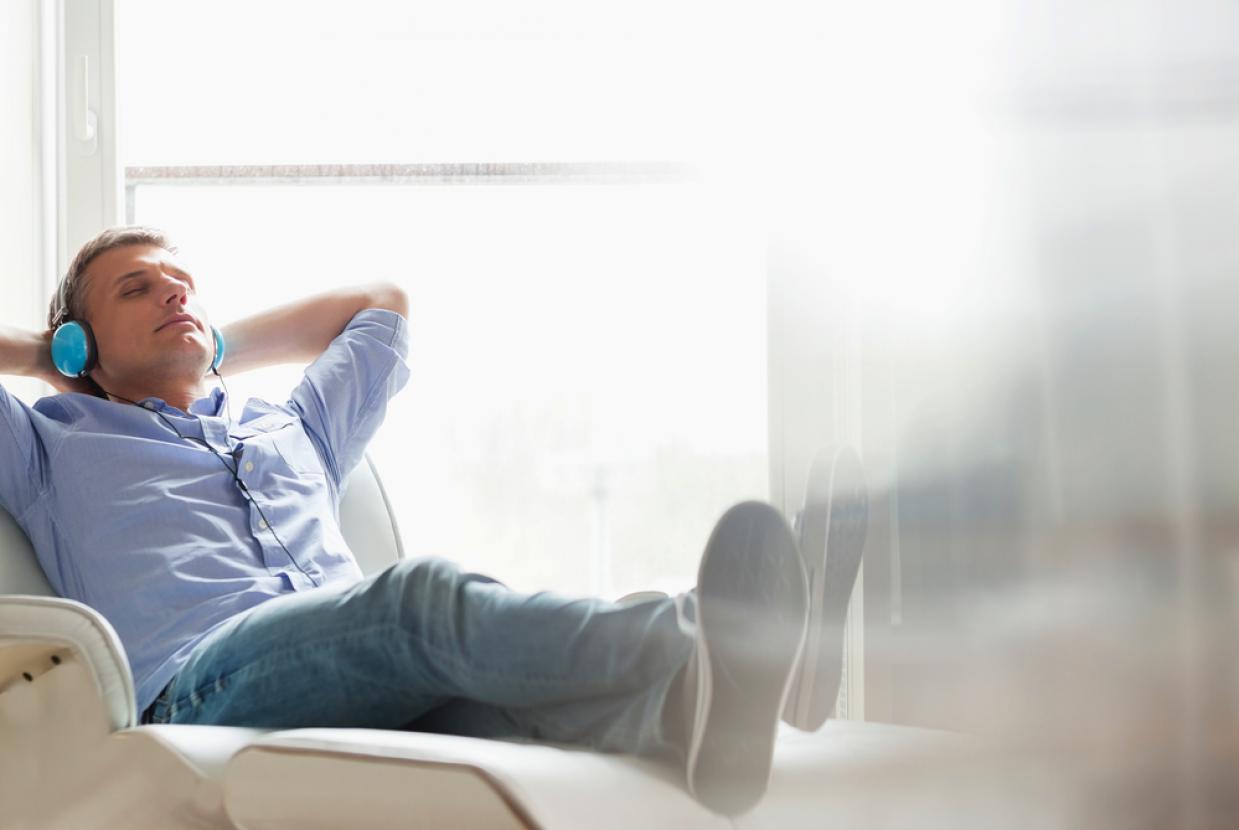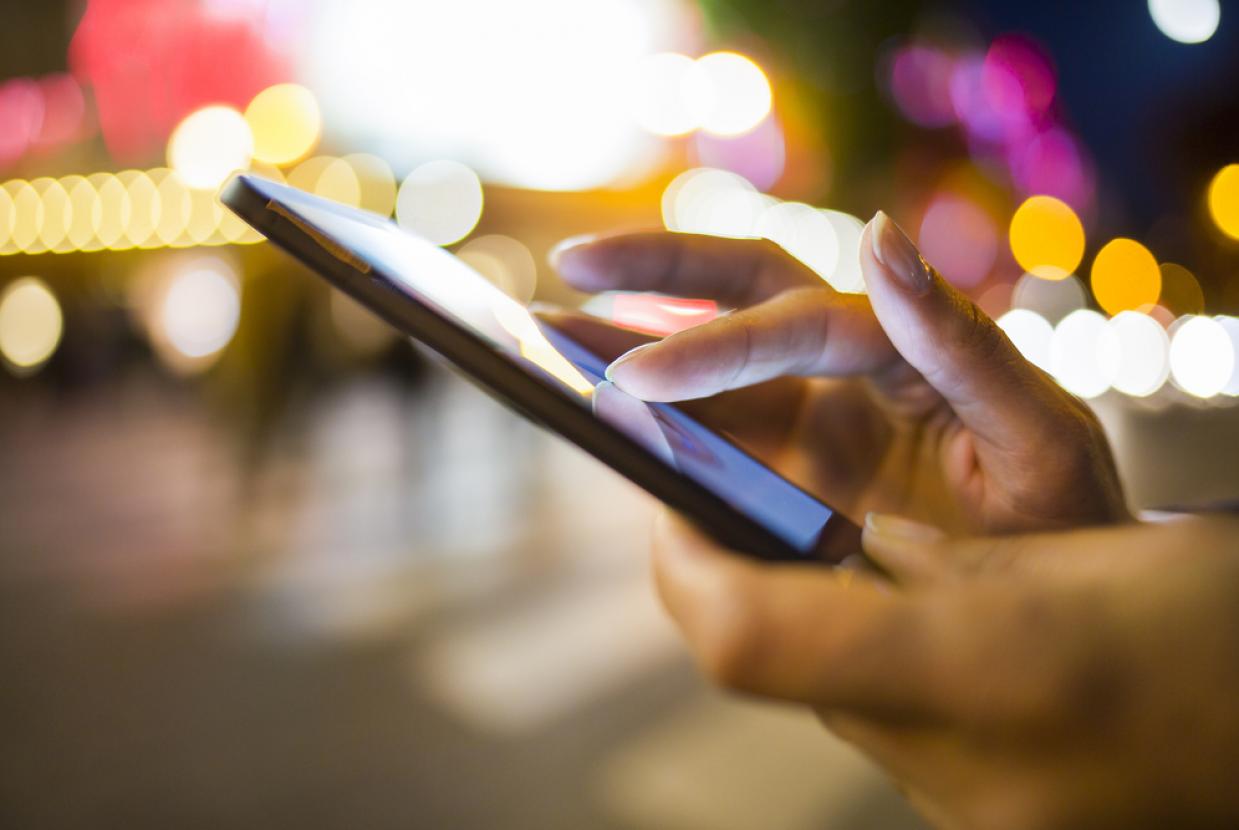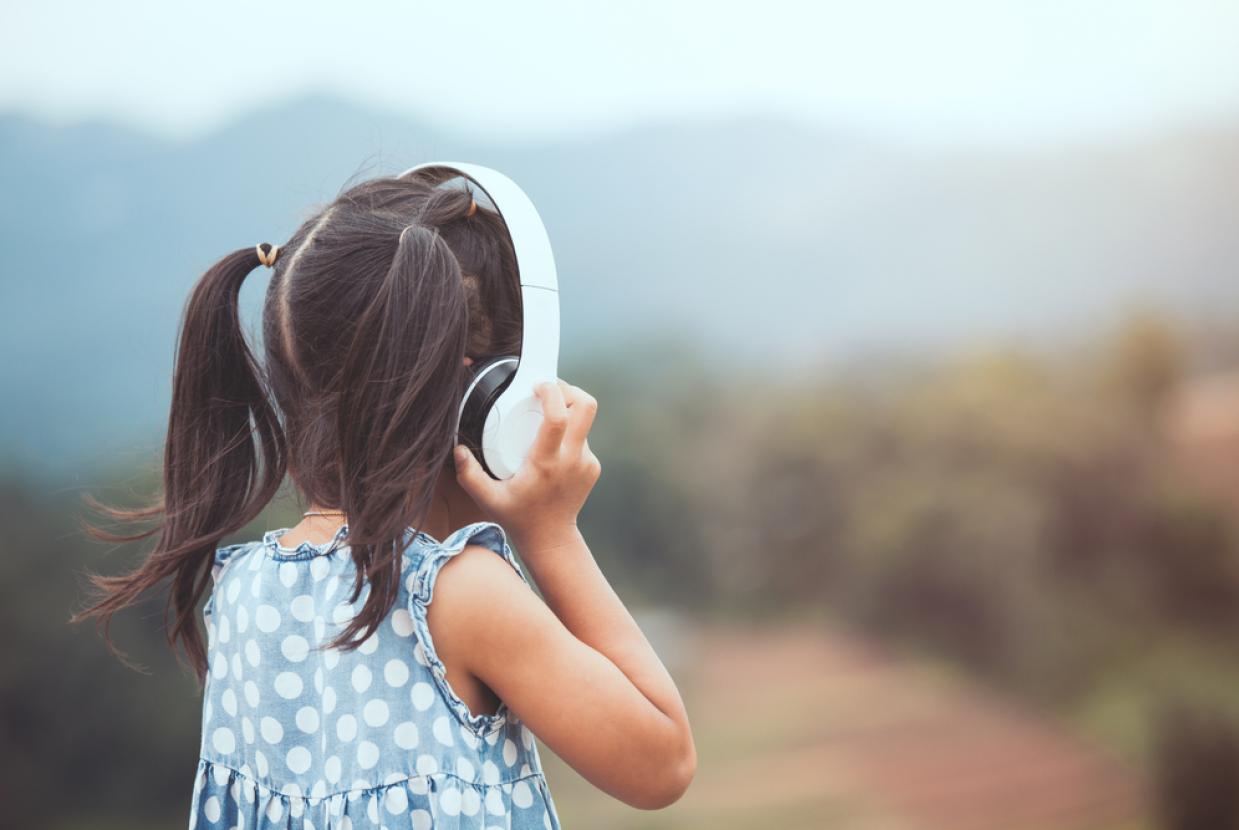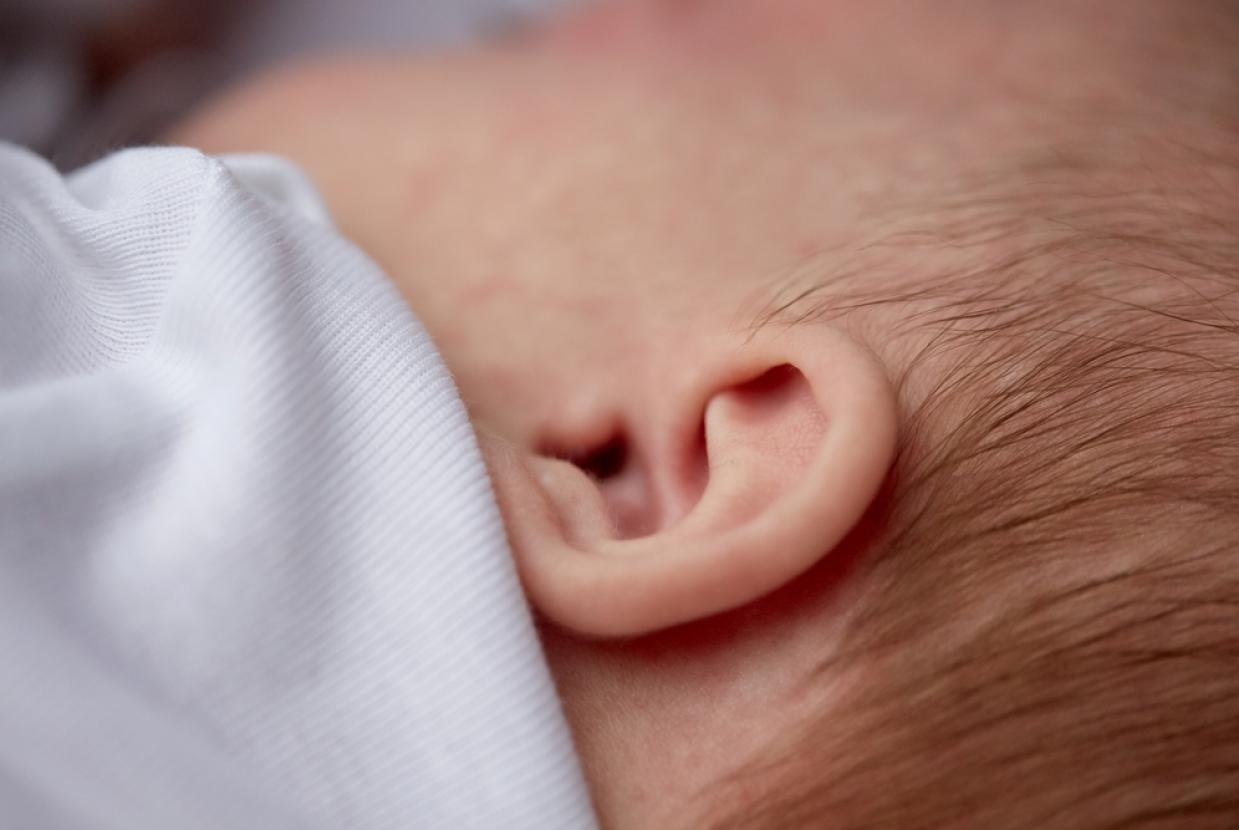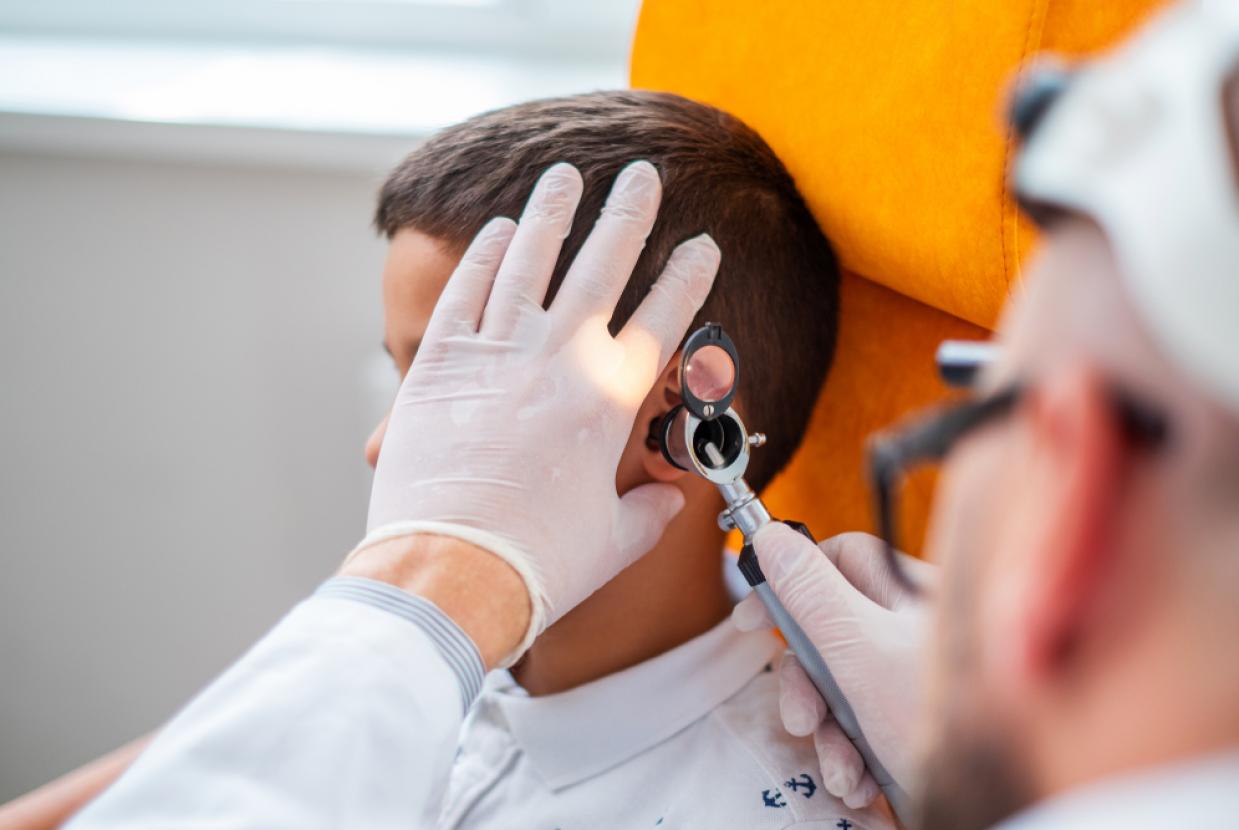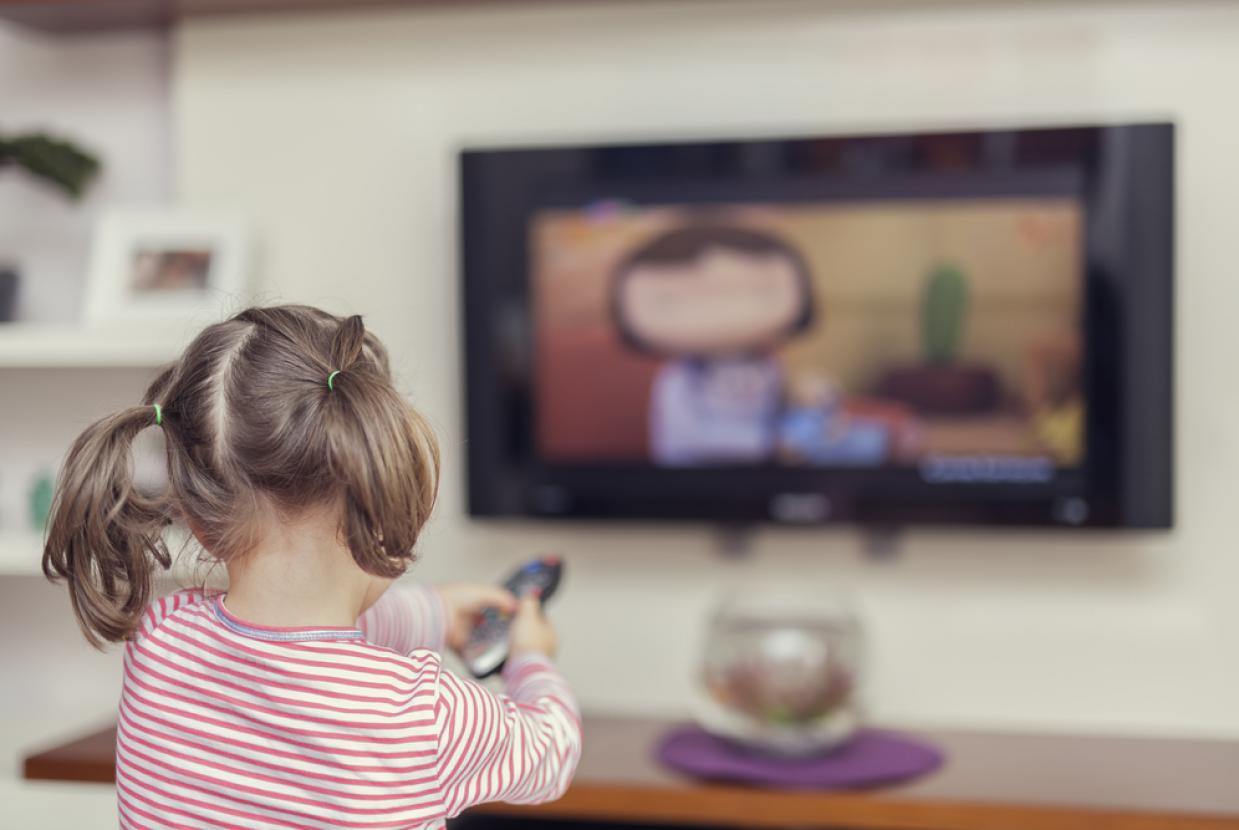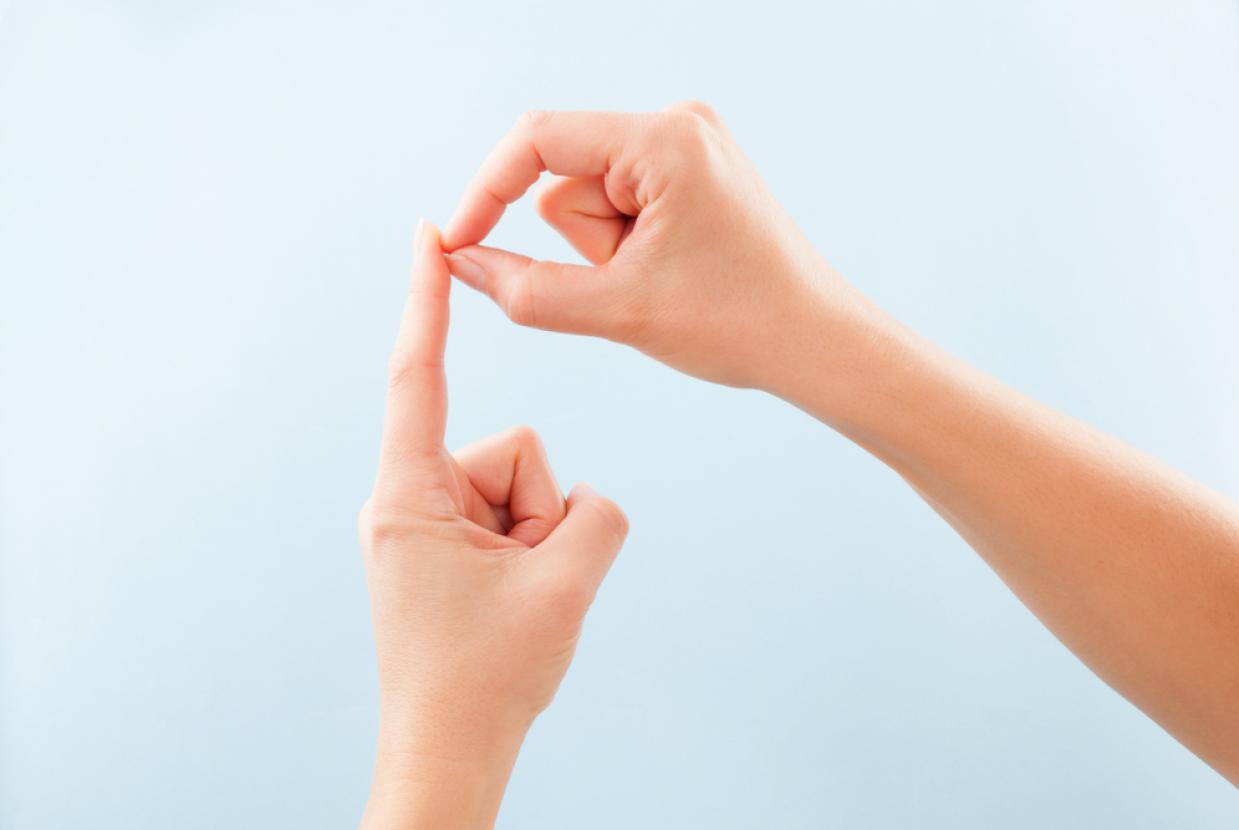Know Your Decibels
Hearing140dB is the level at which noise causes pain for most people, although some people may find lower levels painful too.
Every day we expose our ears to heavy traffic, kitchen appliances and live music, but most people do not know what’s deemed safe and what can be potentially damaging to your hearing.
Loudness of a sound is measured in decibels (dB) and experts agree that exposure to noise at or above 85 dB can damage hearing over time. Safe listening levels also depend on how loud, long and frequent the exposure – the louder the sound, the less the exposure time should be.
While you’re unlikely to come across a rocket launch or sperm whale, many people will attend a firework display at some point in their lives.
As a firework display averages a staggering 120dB, just a few seconds of standing too close to fireworks can potentially cause permanent hearing damage, such as noise-induced hearing loss or tinnitus
10 of the loudest sounds
- 230 dB: Sperm whale
- 180 dB: Rocket launch
- 130dB: A plane taking off 100m away
- 120 dB: Fireworks
- 110 dB: Live music gig
- 100 dB: Night club
- 97 dB: Fire alarm
- 94 dB: Lawnmower
- 88 dB: Heavy traffic
- 85 dB: Food blender.
How to protect your hearing from loud noise
If you come into contact with a source of loud noise, there are some things you can do to protect your hearing.
- Keep a good distance from the source of the noise – such as fireworks or speaker systems.
- Take regular breaks to limit the time exposed to the loud noise – limiting the time exposed to the noise will reduce the risk of permanent damage.
- Wear noise-cancelling earplugs to cancel out the dangerous sound frequencies – these earplugs protect your hearing without reducing the sound quality (plus they’re invisible and reusable)
- Ensure that children use ear defenders – ear defenders are comfortable and avoid the fuss of children inserting and removing earplugs
- Stay hydrated – dehydration can make the hair cells in your inner ear more vulnerable to damage so make sure to drink plenty of water.


